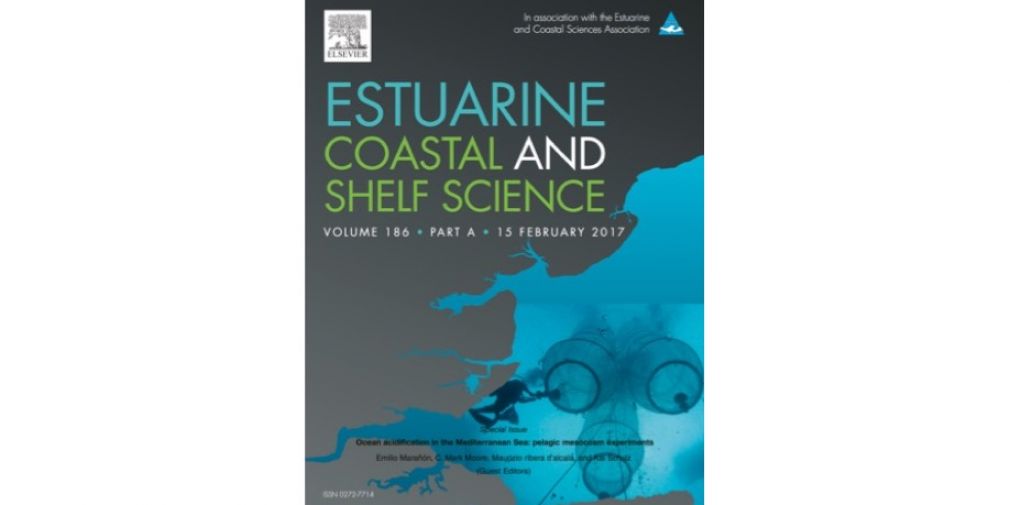L'OBSERVATOIRE
L'OBSERVATION
- Variables
- Stations d'observation
- Plateformes
- Services d'observation
- Organigramme
- Données d'observation
RESSOURCES

Volume 186, Part A of Estuarine, Coastal and Shelf Science Journal presents a series of 12 research papers focusing on pelagic mesocosm experiments conducted in the Mediterranean Sea in 2012 and 2013 under the supervision of Cécile Guieu and Frédéric Gazeau from LOV.
Plankton plays a key role in the global carbon cycle. It is therefore important to project the evolution of plankton community structure and function in a future high-CO2 world. Several results from experiments conducted at the community level have shown increased rates of community primary production and shifts in community composition as a function of increasing pCO2. However, the great majority of these - experiments have been performed under high natural or nutrient-enriched conditions and very few data are available in areas with naturally low levels of nutrient and chlorophyll i.e. oligotrophic areas such as the Mediterranean Sea, although they represent a large and expanding part of the ocean surface. In the frame of the European Mediterranean Sea Acidification in a changing climate project (MedSeA), large-scale in situ mesocosms (9 x 50 m3, 12 m deep) have been used to quantify the potential effects of CO2 enrichment in two coastal areas of the Mediterranean Sea: the bay of Calvi (Corsica, France) in June/July 2012 and the bay of Villefranche (France) in February/March 2013. These two experiments gathered the expertise of more than 25 scientists from 7 institutes and 6 countries (France, Greece, Spain, UK, Italy, Belgium, US).
Modifié le